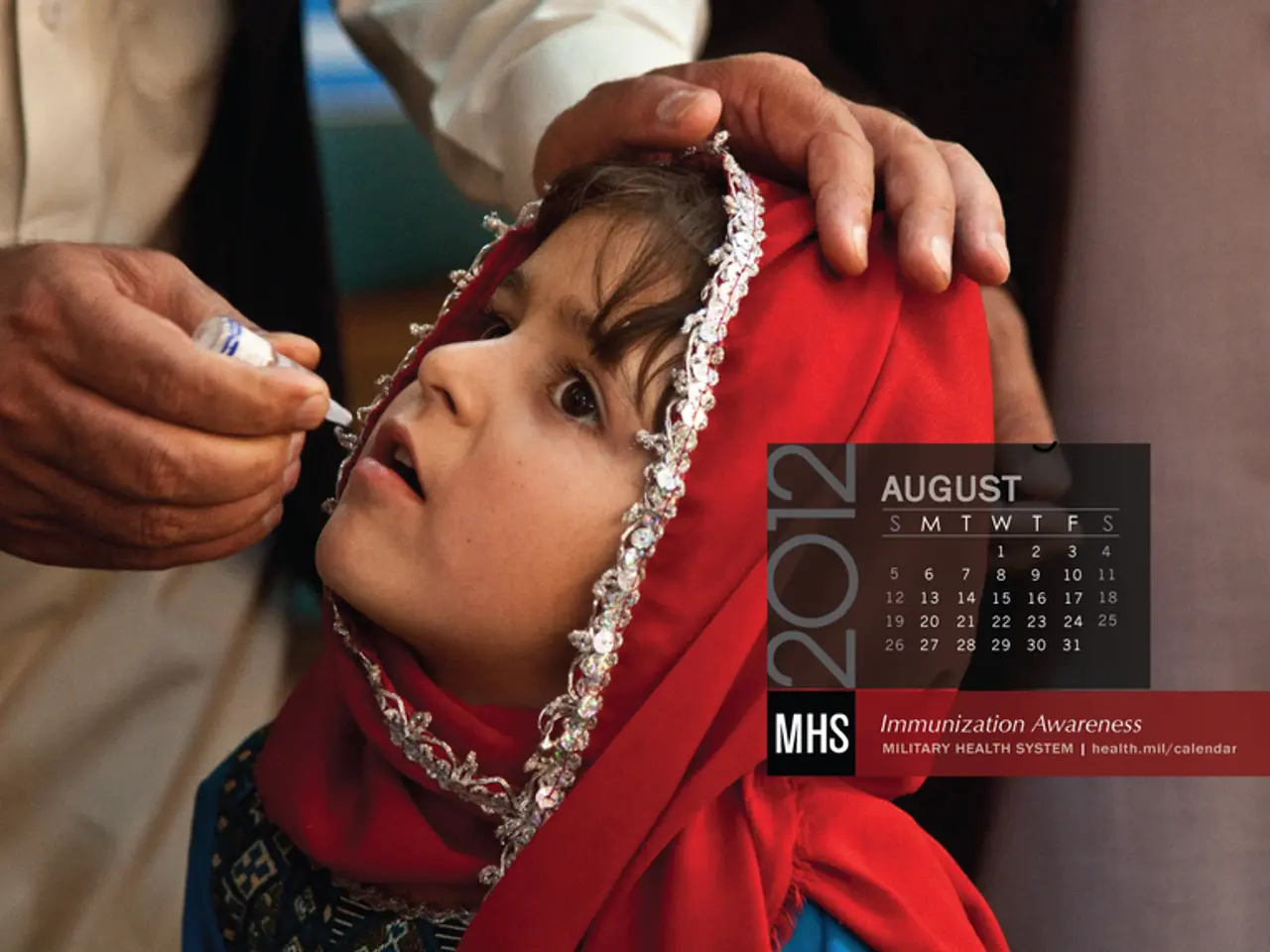Researcher specializing in immunity credentials
German microbiologist Werner Solbach, based in Lübeck, has raised concerns about the use of immunity passports for COVID-19. In a recent study, Solbach found a "very mixed picture" when it comes to antibody tests and their ability to determine immunity to the virus.
The study uncovered several patients with noticeable COVID-19 illness but no detectable antibodies, while others with no or almost no symptoms later showed measurable antibodies. This inconsistency casts doubt on the reliability of antibody tests, as false positives or negatives can occur.
Another uncertainty lies in the duration of immunity provided by antibodies. It is still unclear how long antibodies offer protection against reinfection, and the presence of antibodies does not necessarily equate to immunity, as the immune response can be complex and not fully understood.
Given these uncertainties, Solbach advises against the introduction of immunity passports, which are certificates indicating a person is immune based on antibody tests. He believes that further research is needed to address these concerns and better understand the implications of a positive antibody test for an individual patient.
The German Ethics Council is also currently providing advice on the issue of immunity passports. As the debate continues, it's clear that caution is needed when it comes to relying on antibody tests to determine immunity to COVID-19 and granting special privileges or making public health decisions based on these tests.
Read also:
- Digestive issues: Understanding causes, remedies, and further details about acid reflux and excessive burping
- Exploring Botox as a Treatment for Interstitial Cystitis: Insights, Adverse Effects, and Further Details
- Linking brain weakness and cognitive decline: An examination of the potential relationship
- Is it Possible that Stem Cells Improve Joint Durability and Mobility during Senior Years?





